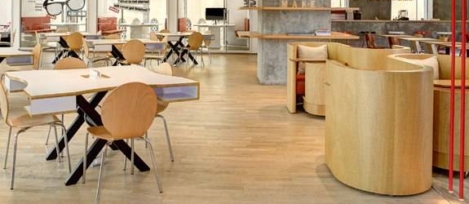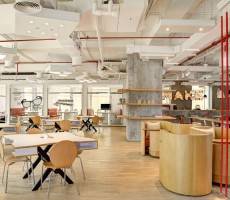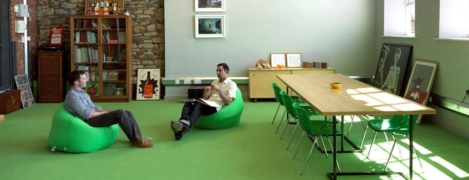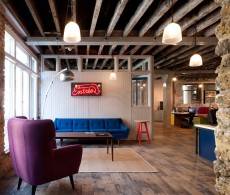September 14, 2015
Staff already dreading the advent of Gen Z at work, claims report 0
 If, like us, you’ve grown tired of the endless media focus on Generation Y and its often unfair portrayal based on a clump of stereotypes, then brace yourself. Generation Z, defined as people currently under the age of 19, is now entering the workforce and, according to a new study commissioned by Ricoh Europe, the three demographics it will join at work are dreading it. Nearly two thirds (63 percent) of Baby Boomer, Generation X and Generation Y employees surveyed in in Europe, Middle East and Asia say they expect workplace tensions to increase with the arrival of a fourth generation and half (52 percent) say their employers are already failing to meet the needs of different generations in the workplace. More positively, there was almost universal agreement (89 percent) amongst the 3,300 respondents that a diverse workforce is an asset to a business.
If, like us, you’ve grown tired of the endless media focus on Generation Y and its often unfair portrayal based on a clump of stereotypes, then brace yourself. Generation Z, defined as people currently under the age of 19, is now entering the workforce and, according to a new study commissioned by Ricoh Europe, the three demographics it will join at work are dreading it. Nearly two thirds (63 percent) of Baby Boomer, Generation X and Generation Y employees surveyed in in Europe, Middle East and Asia say they expect workplace tensions to increase with the arrival of a fourth generation and half (52 percent) say their employers are already failing to meet the needs of different generations in the workplace. More positively, there was almost universal agreement (89 percent) amongst the 3,300 respondents that a diverse workforce is an asset to a business.



































August 20, 2015
81 percent of women and over half of men experience sexism at work 0
by Sara Bean • Comment, News, Workplace
(more…)